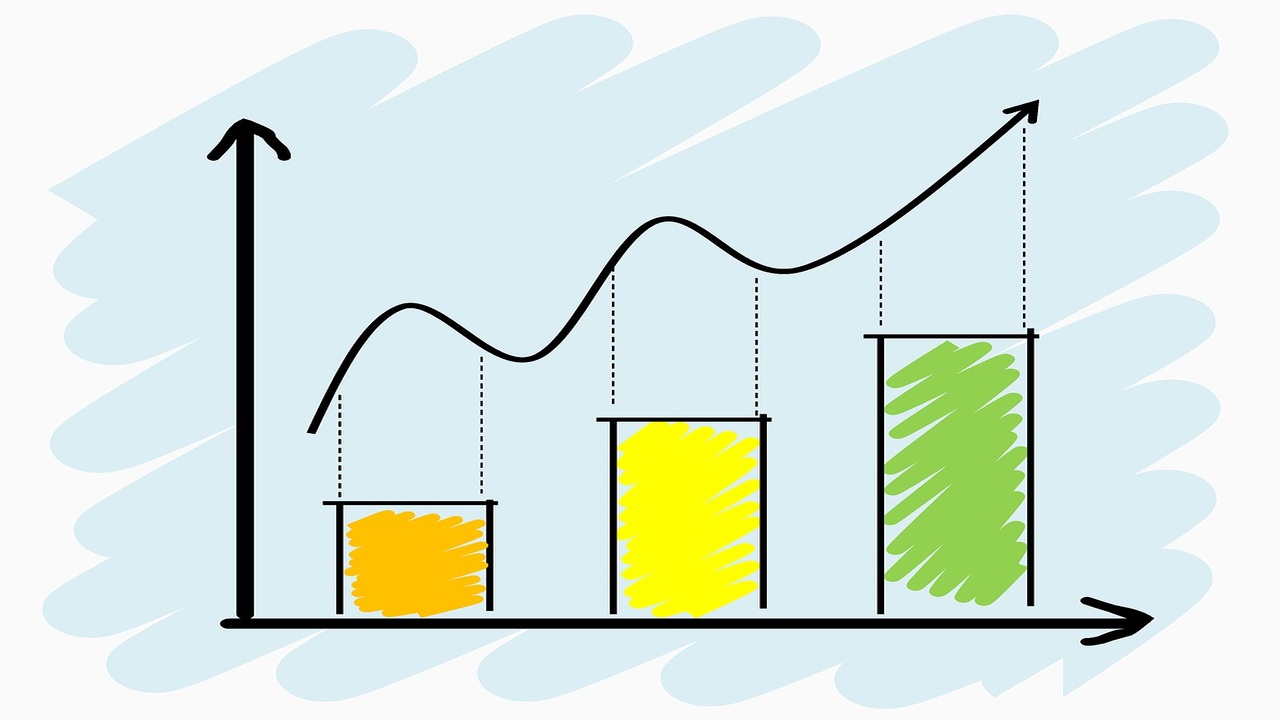Did you know that the global forex trading market is worth $1.93 quadrillion, which is 2.5 times more than the entire global GDP? Moreover, in forex marketing around $5.3 trillion is traded every day and the daily volume of forex trading is 53 times more than the New York stock exchange. The forex market is completely liquid and operates 24 hours a day. No wonder the forex trading market attracts more takers than any other.
By now you must be wondering since it’s unregulated and swarming with scammers, is forex legit at all? Know that forex trading is a recognized and legitimate trade and is not a scam by itself. In this article, we will go over the basics of how forex works, Is forex trading legal or illegal and scammers operate so that you don’t fall prey to a forex scam.
How does Forex Work?
Simply put, forex trading is a market where investors and institutions come together to trade global currencies. However, it’s much more elaborate than that. Forex trading operates on fluctuations in currency exchange rates. To elaborate further, the forex market operates by determining the value of one currency compared to another.
Traders bet on a major currency against another major currency in the forex market. And depending on whether the value of the currency that they bet on, they make or lose money. To illustrate, one might bet on the US Dollar against the Japanese Yen. Now, if the value of the dollar rises relative to Yen, the trader makes money and vice versa. Newbies can go through basics of forex trading to understand and take knowledge before you start trading.
Is Forex Legal?
Prima facie, foreign exchange trading is legit but the market is the perfect spot for scammers for the reasons we explained before. Social media platforms have contributed to the rise in scams. Another factor contributing to the high number of scams is the rise of online trading platforms.
These platforms have created more opportunities for scammers to run shady promotions, doctor fake returns, and avoid payouts. Moreover, in some cases more elaborate scammers even use manipulative software to rig the whole system.
The main hurdle in forex trading is the unclear regulation and the lack of transparency between brokers and traders. However, this doesn’t mean forex trading is some elaborate scam. There are forex products with regulatory oversights as well as legitimate brokers. You just need to know where to look.
How to Prevent Forex Frauds?
The first order of business to prevent forex fraud is to know the types of forex scams. These include spoofing, front-running, signal sellers, and robot scams. Ideally, by picking the right broker, you eliminate any risk of these scams by default. The best way to avoid a forex scam is to ensure that the brokerage company is registered with the Securities Commission and Exchange.
Before investing your money, look for Form ADV Part 2 of the brokerage fire. Legitimate brokers registered with SEC display this form on their website for anyone to see. The form requires brokerage firms to provide brochures outlining the fee, business practices, disciplinary information, and conflicts of interest in clear English.
Lastly, the best way to tell a scam from a genuine trade is that scammers will often promise returns or promotions that are too good to be true. In case you have doubts or second thoughts regarding a broker, it’s best to consult a lawyer or a financial professional for advice.
How to Pick a Legit Forex Broker?
The best way to tell a forex broker is legit or not is by checking how accessible they are. To test this simply put down a small amount of money that will make no dent in your bank balance and then try to cash it out. In case you cannot contact your broker or a representative, it’s the biggest red flag ever.
Additionally, ensure that the brokerage firm you’re dealing with is based in developed countries as they have better regulations in place. Another key element is the registration, trade only on a regulated US exchange. This will enable you to verify the broker’s details on various regulatory authorities.
By now you must be well equipped with knowledge that will help you spot a scam from miles away. However, it’s best to never let your guard down and always do your due diligence before trading anywhere.
Conclusion
Traders who are just starting and lack basic knowledge or understanding of forex trading can easily fall prey to such scams. Today, scammers have expanded to social media platforms to lure traders with lucrative promises of getting rich quickly. If numbers are to be believed, about 50% of forex scams happen on Instagram, Twitter, Facebook, and other social media platforms.
However, forex trading can be pretty risky and complex considering the forex market is mostly unregulated. Since there is no centralized exchange for the forex market, a few bad apples milk the situation and try to scam traders.







